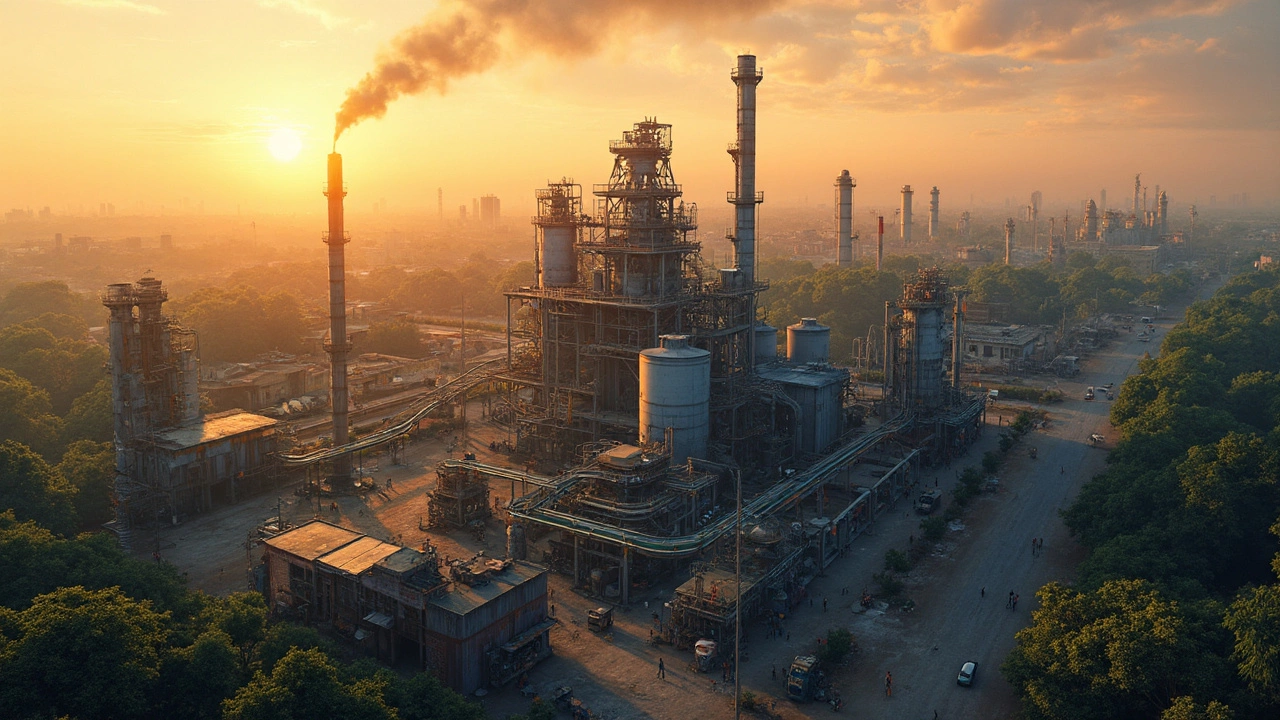Chemical Innovation: Shaping the Future of Manufacturing
When you hear "chemical innovation," think of new molecules, smarter processes, and greener factories. It isn’t just lab talk – it decides what products reach your shelf and how cheap they are. Let’s break down why this matters right now.
Why Chemical Innovation Matters Today
First, faster, cleaner chemistry cuts costs. Companies that swap a toxic solvent for a water‑based alternative see lower waste fees and higher profit margins. Second, breakthroughs unlock whole new product categories – flexible plastics, high‑performance batteries, and eco‑friendly dyes all start with a fresh chemical recipe.
Third, global demand pushes markets to evolve. In the U.S., chemical manufacturing tops the manufacturing subsector list for 2025, meaning trillions flow through new reactors and automation. Meanwhile, India’s top chemical export is booming, driving jobs and trade balances. That mix of demand and policy makes innovation a competitive edge.
Hot Topics and Real‑World Examples
Take the rise of bio‑based polymers. Firms are turning corn starch into packaging that decomposes in months instead of centuries. Another hot area is carbon‑capture chemistry – new solvents trap CO₂ at lower temperatures, saving energy for power plants.
In India, a single chemical now leads the export chart, shaping supply chains from Gulf ports to European factories. The story shows how a breakthrough can turn a local player into a global supplier overnight.
Across the Atlantic, the U.S. chemical sector is investing heavily in digital twins – virtual models of reactors that predict performance before a single batch is run. That reduces trial‑and‑error time and cuts down on hazardous testing.
For startups, the message is clear: focus on a niche problem and use advanced catalysts or AI‑driven design to solve it. Investors are looking for solutions that lower energy use, meet stricter regulations, or open new markets.
Governments also play a role. Incentives for green chemistry research, stricter emissions standards, and trade policies all steer where innovation heads. Keep an eye on policy updates – they often dictate which chemicals get funding.
Bottom line: chemical innovation is the engine behind cheaper, safer, and more sustainable products. Whether you’re a manufacturer, investor, or just curious, staying tuned to the latest breakthroughs can give you the edge you need.
Ready to dive deeper? Browse our latest posts on India's top chemical exports, U.S. manufacturing rankings, and the most promising green chemistry trends – all in plain language and packed with real data.
